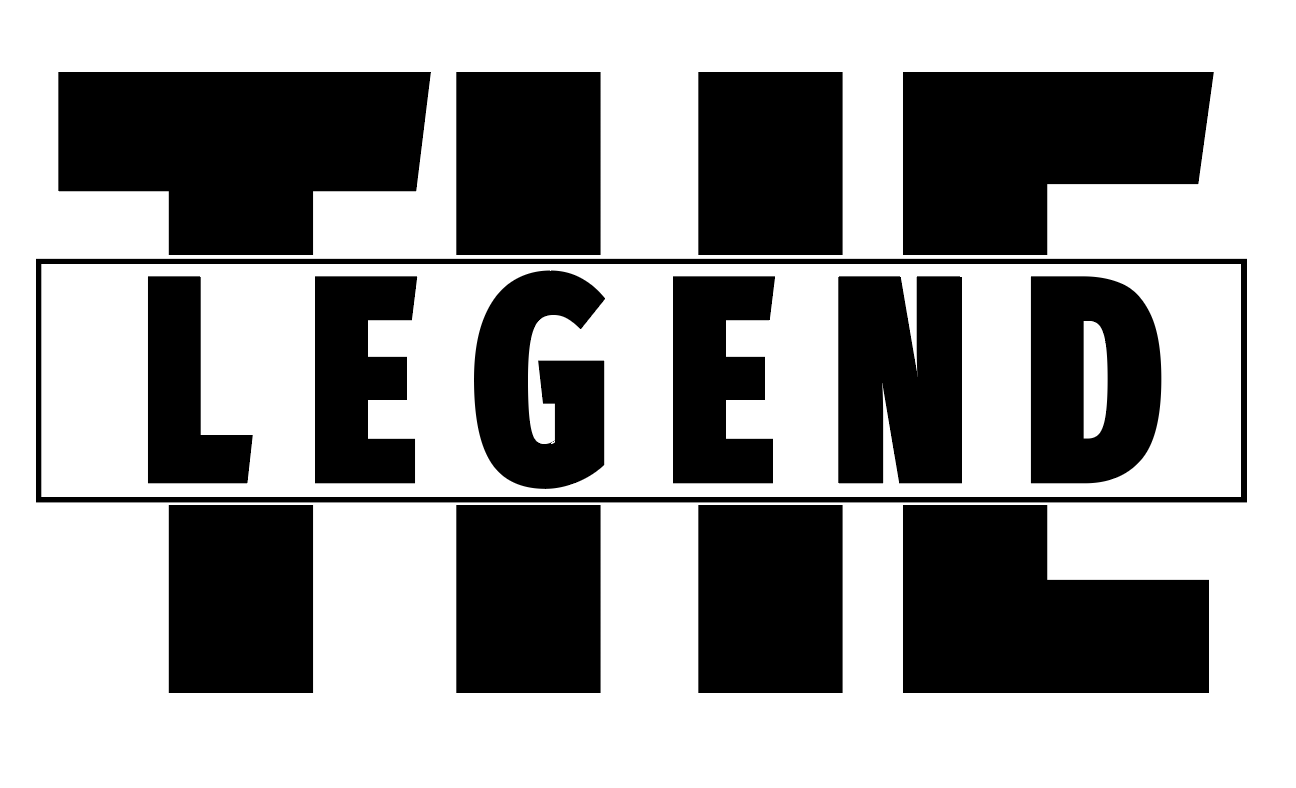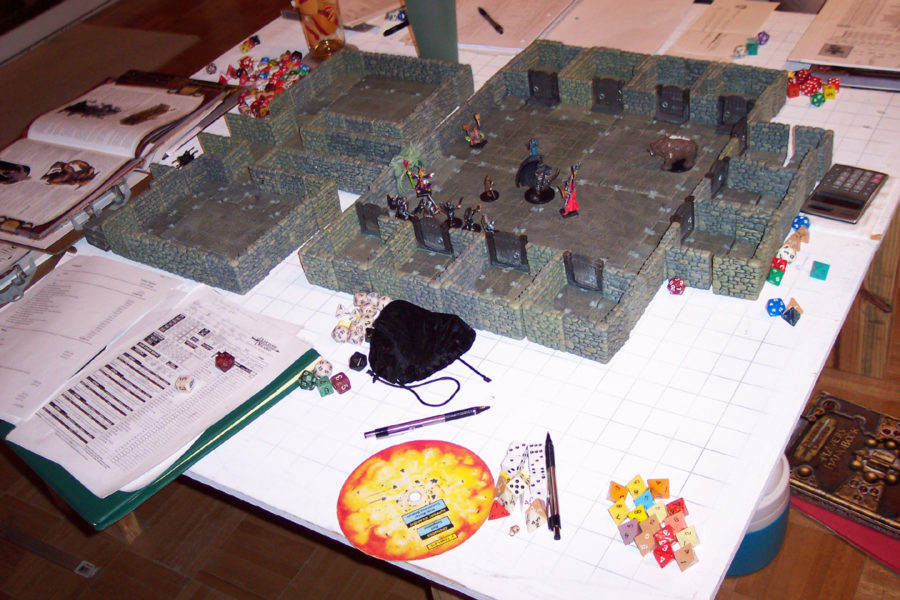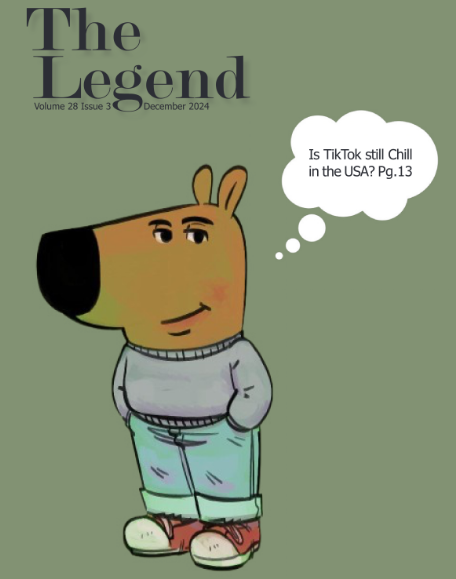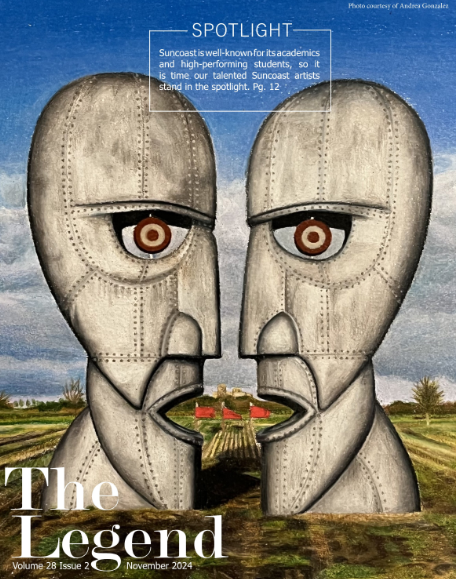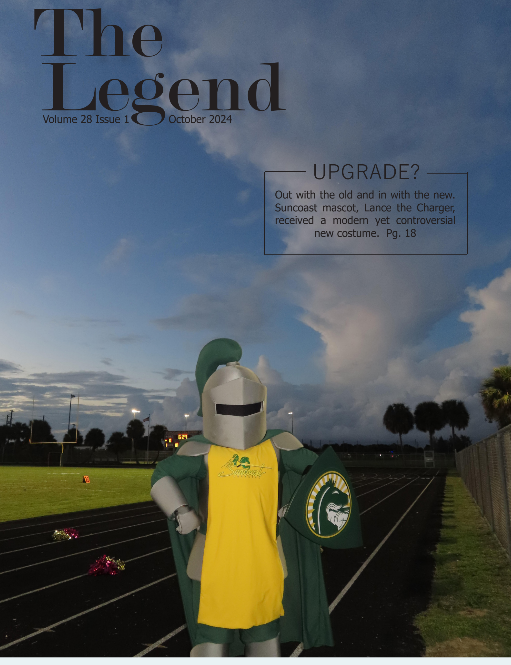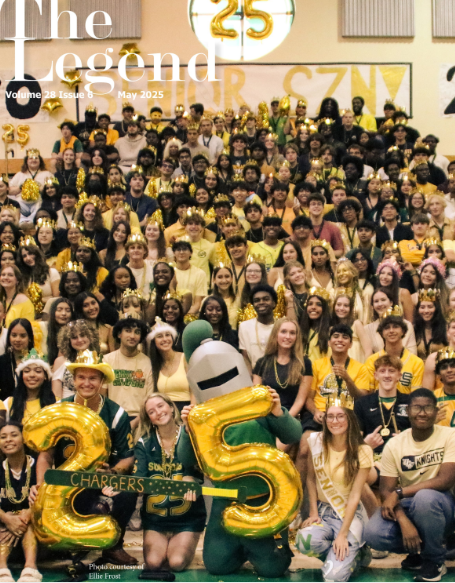Dungeons and Dragons: Peak Entertainment
Why DnD is more than “A Thing For Nerds.”
An in-progress game of Dungeons and Dragons.
March 25, 2022
Ever since its release in the 1970’s, Dungeons and Dragons has only gained popularity. Stigmas and stereotypes may have deemed it “a thing for nerds,” but this is simply not the case. Not only is DnD a game that can be played and enjoyed by everyone, but it is also objectively one of the best forms of combined entertainment and storytelling.
For those who are not familiar with the workings of DnD, it is a roleplaying game, meaning that the players take on the role of an in-game character. Whether the character was pre-made or an original design is up to the player, as when it comes to character creation, DnD pulls out all the stops. There is an extensive list of races, classes, backgrounds and abilities for players to choose from, and it doesn’t end there. If the character is of a race that does not officially exist in any rulebook, or wields a weapon of a player’s own making, then one can always talk to the Dungeon Master, or DM, about if and how these original creations should be worked into the game. With this level of customization, the possibilities for characters are near endless; the variety extends beyond just character creation.
To elaborate, the way DnD works is essentially the group of players guiding their characters through a world either known or made by the DM. While the DM knows the story and all of its plot points, the players still have practically free-reign over their own character’s actions. Knowing this, the directions the campaign could go in is unpredictable. How does the party treat the people they come across, or each other?
How well do they work together in battle? What is each party member’s backstory? There are numerous factors that can affect the way each game plays out, and no two campaigns will ever be exactly the same.
Not only does this make for both an incredibly entertaining method of storytelling, but it also brings people together.
An active member of the Tabletop Game club, Macy Jenn* can attest to this.“It lets you meet with people who share your interests both in and out of school.”
While DnD is commonly played with groups of friends, a group of people who hardly know each other can find themselves becoming well acquainted with each other as the game progresses. Bonds can be forged and strengthened, and more often than not, watching other campaigns being played out can spark inspiration and creativity in those who are interested in storytelling and other forms of interactive media.
Getting into DnD might seem intimidating to people who are unfamiliar with it. Trust me, I have been through that phase. All the rules and numbers can be dissuading at first, but once one learns what all of the rules mean and how they tie into the game, it becomes much easier to understand and play to the fullest.
* Name has been changed to remain anonymous.
